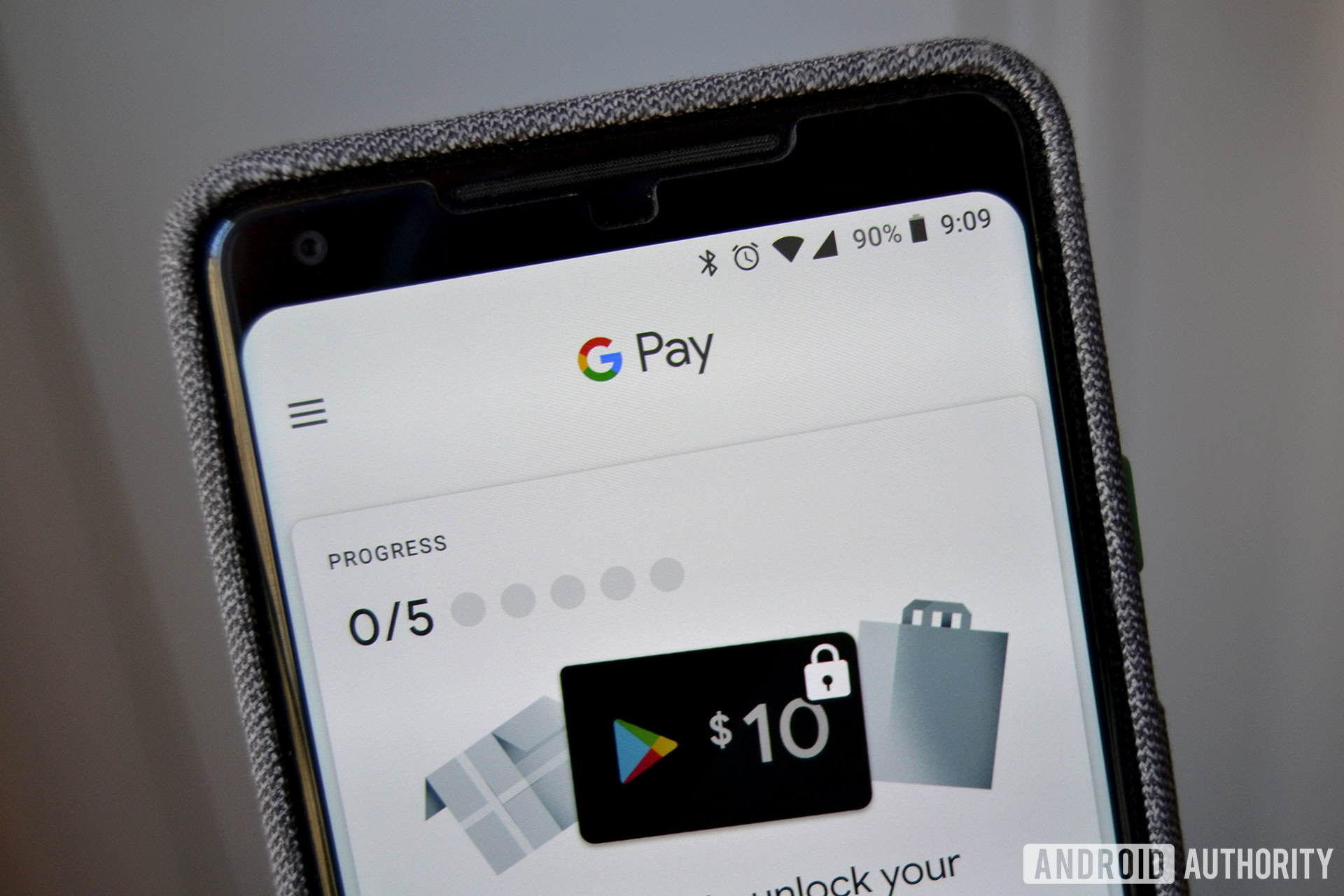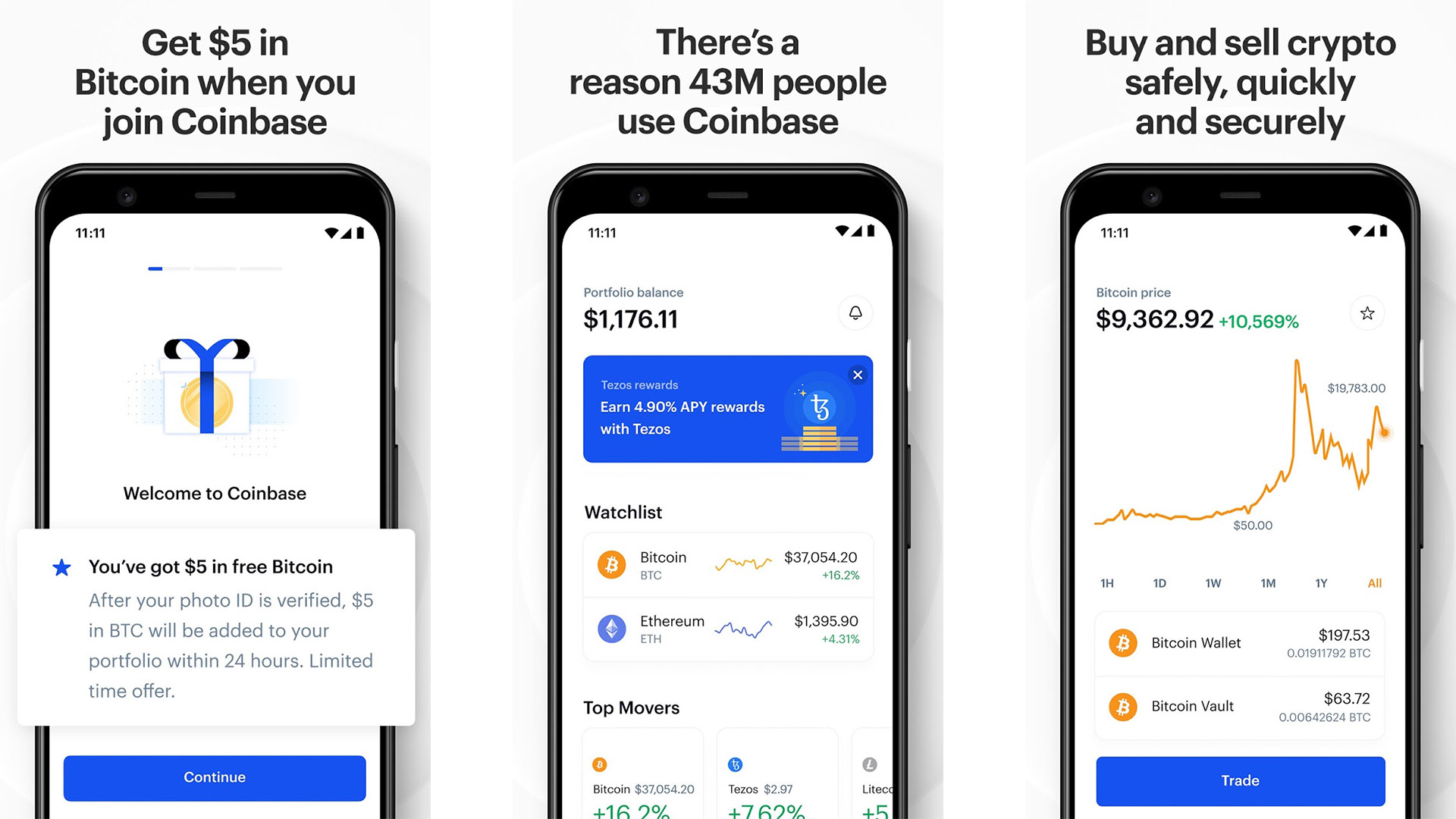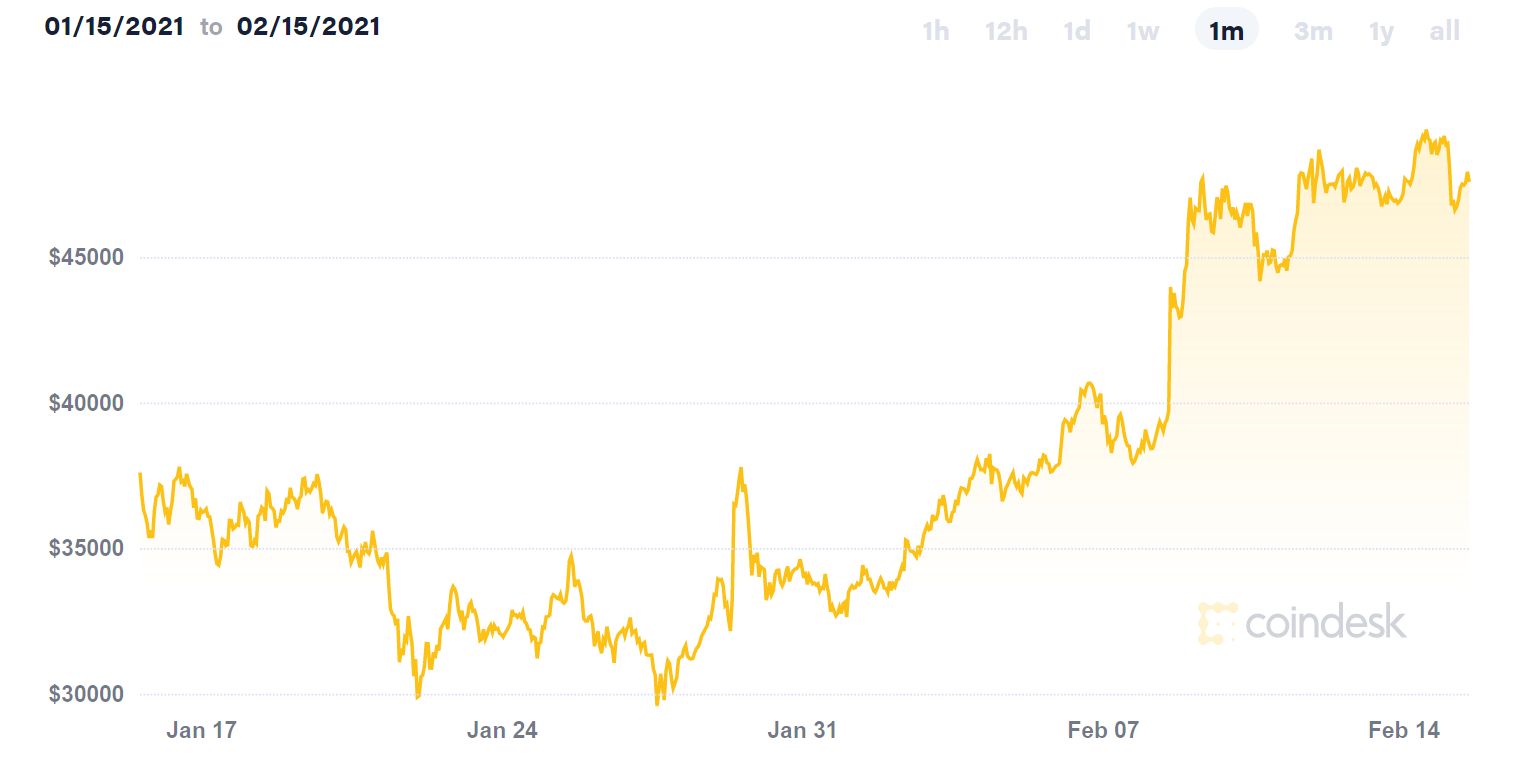Affiliate links on Android Authority may earn us a commission. Learn more.
Does Apple Pay and Google Pay support mean crypto is now ready for primetime?

Perhaps you’ve heard of Bitcoin, Ether, Dogecoin, or any of the other numerous cryptocurrencies circulating headlines at the moment. Digital currencies are increasingly garnering mainstream attention and so it’s no surprise that big business is finally sitting up and taking notice.
Following Tesla accepting Bitcoin payments, the Apple Pay mobile payment platform will soon accept cryptocurrency via BitPay Card. A statement from BitPay CEO Stephen Pairnotes noted that support will also be coming to Google Pay and Samsung Pay later this quarter. With the big three mobile payment platforms onboard, the implication is that cryptocurrency is now ready for mainstream payments.
Cryptocurrencies have shot to popularity through a combination of concerns over fiat money devaluation, demand for anomalous internet payments, and a volatile FOMO trading environment. Elon Musk’s memes certainly haven’t dented their popularity either. With the latest news, cryptocurrencies appear to be exiting their speculative phase and garnering greater public legitimacy.
Mainstream money
To recap, Apple Pay customers in the US (with Google and Samsung customers soon to follow) can now convert cryptocurrency into USD (via a BitPay Mastercard) in order to make payments at Mastercard debit card terminals. The BitPay Wallet app supports Bitcoin, Bitcoin Cash, and Ether, as well as four dollar-pegged stable coins, USDC, GUSD, PAX, and BUSD. This certainly isn’t a comprehensive choice of digital currencies but it provides a decent level of support for some of the most popular options.
With major mobile payment support across a variety of platforms, it's never been easier to actually spend those digitals 1s and 0s on products you want.
BitPay isn’t the first instance of crypto payment conversions. There are plenty of crypto debit cards already and the Coinbase Card announced support through Google Pay in March 2020, which enables Visa debit card transactions funded from a Coinbase wallet balance. Coinbase Card supports a wide range of currencies, specifically BTC, ETH, LTC, BCH, XRP, BAT, REP, ZRX, and XLM. It’s also available in the EU, UK, and US. However, BitPay bringing Apple Pay onboard is a major milestone on the road to mainstream use.

Of course, growing support from card and mobile payment platforms isn’t just about transactions in stores. The door is now also open to making payments with virtually all online retailers around the world. Customers can also use the cards to withdraw cash from ATMs, making it easier to access digital funds in physical form when required. With major mobile payment support across a variety of platforms, it’s never been easier to actually spend those digitals 1s and 0s on products you want. That’s certainly good news for cryptocurrencies when it comes to future prospects and legitimacy as an alternative to fiat currencies. However, bringing virtual coins to mobile payment platforms somewhat dilutes the formula that has made Bitcoin and other digital currencies popular so far.
See also: 10 best cryptocurrency apps for Android
For starters, applying for a BitPay Prepaid Mastercard, or any other card, requires a social security number or other forms of ID, adding in a paper trail that some had been keen to avoid in the early crypto wild west. Apple Pay and Google Pay also track your recent transactions, somewhat undermining the anonymous allure of cryptocurrency transactions versus regular card payments.
It’s very important to note that these Visa and Mastercard-based services don’t provide coin-to-coin transactions. You don’t actually pay in Bitcoin. Rather they are a medium for converting digital coins into a more universal used currency (USD in this case) in order to complete a transaction in fiat current. That added middle layer is a necessary step to enable universal payments to businesses that don’t support cryptocurrencies directly. But as cryptocurrency aficionados know, loading and withdrawing from wallets is where cracks in the more anonymous nature of these currencies begin to appear. Coin-to-coin transactions remain limited to the far less-mainstream crypto exchanges and some online wallet providers.
It may be easier than ever to pay for items using crypto, but digital wallets and markets are still a financial niche.
Speaking of wallets, virtually all of the unpegged cryptocurrencies are incredibly volatile too. Their value can fluctuate by multiple percentage points a day, meaning that $1,000 you put into Bitcoin this morning might be worth $600 or $1,400 by the time you come to spend it. That’s not a desirable attribute if you’re saving for a big purchase and cryptocurrency wallets still shouldn’t be considered as an alternative to a traditional bank account for your daily spending needs. Likewise, loading up wallets, paying variable “miners fees” or invoices, and transaction times that can roll from minutes into hours or even days are abstract concepts to most consumers that simply get into the way of day-to-day purchases.

It may be easier than ever to pay using crypto, but the nature of juggling wallets and multiple volatile currencies hasn’t changed. Until there’s a tangible benefit to paying for your day-to-day items with a digital currency, they will likely remain a niche for those more interested in investing rather than those looking to pay for their groceries.
Do you plan to make payments using cryptocurrency in the future?
The recent announcement of BitPay coming to Apple Pay and equivalent Android services may well be a major step along the road to mainstream cryptocurrencies, but we’re definitely not there yet. Instead, this is simply another sign that big technology and banking players are increasingly paying attention to the value and volume of transactions taking place in Bitcoin and other markets.
As BitPay Card and other similar transactions are ultimately still being handled in traditional fiat currencies, the current setup is more of a workaround than a ground-up digital currency revolution. Particularly in the case of pre-paid cards like BitPay, which load the card with funds via an invoice. Even so, a greater number of transactions and increased liquidity in digital currency markets will likely spur adoption in the coming months and years. As such, opinions about and demand for cryptocurrency look set to remain as hot as ever.